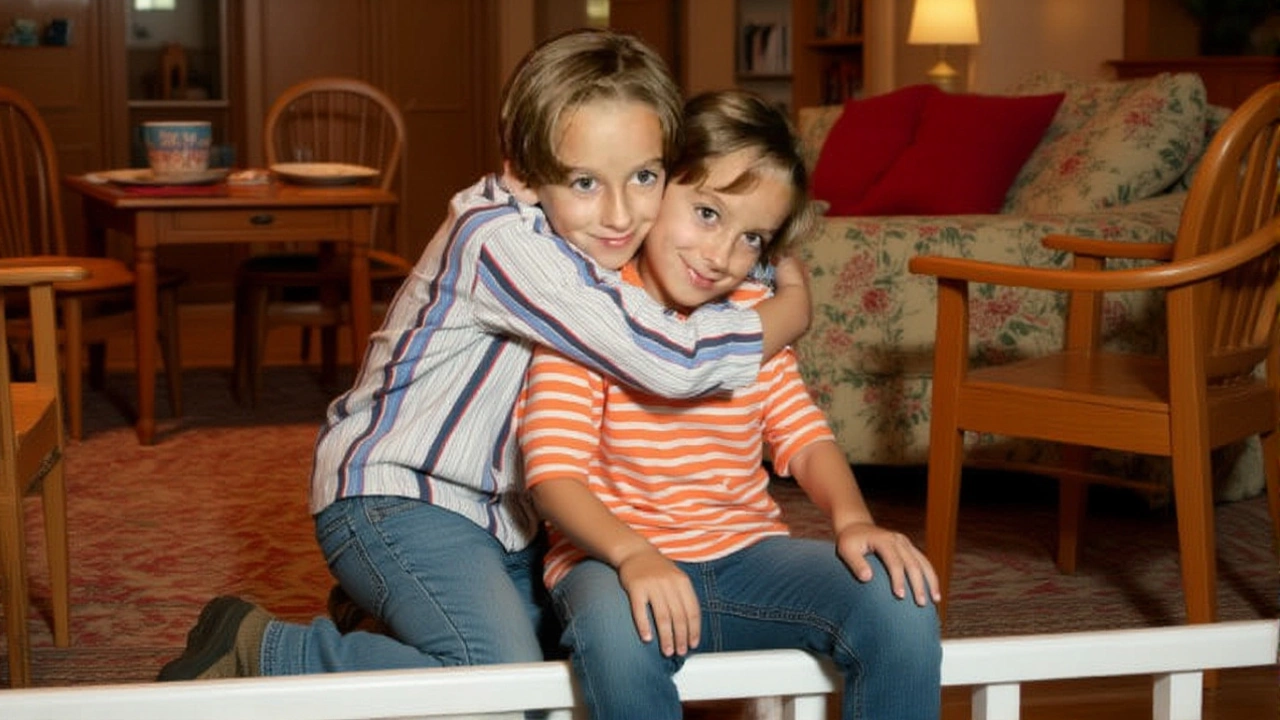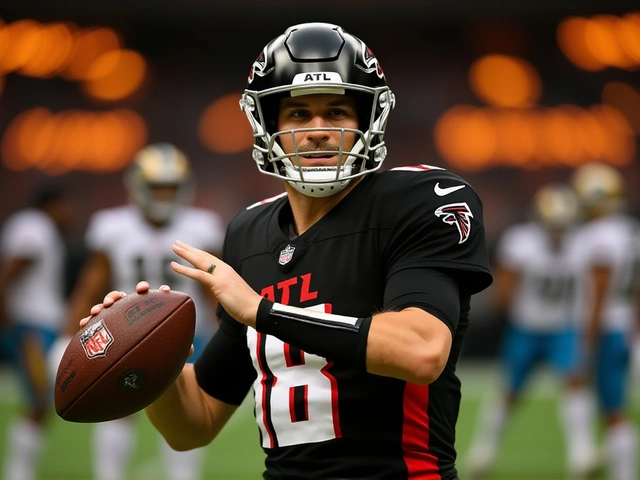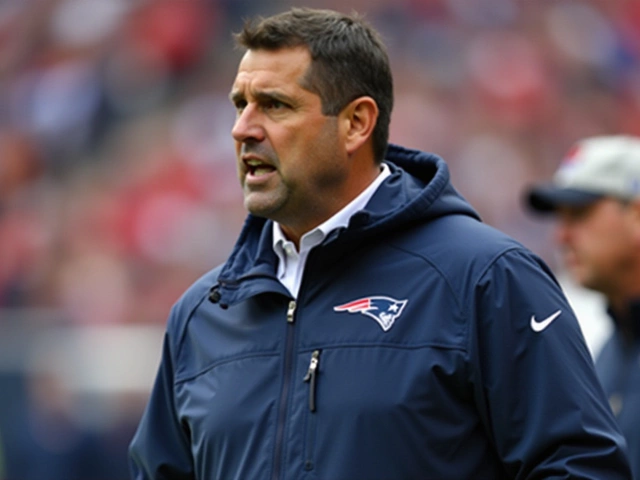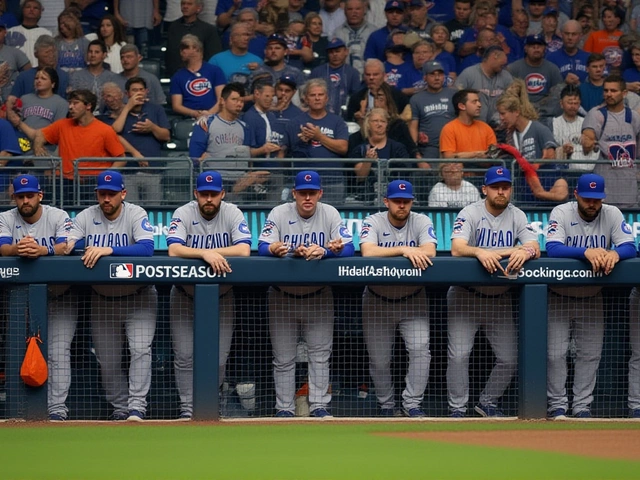
When Drew Barrymore was seven, her mother took her to Studio 54 instead of school. By twelve, she was in her first rehab. By fourteen, she’d attempted suicide. Her story isn’t unusual—it’s a blueprint. Across Hollywood, children are forced to perform like adults before their brains can even regulate emotions, and the cost is measured in broken identities, addiction, and trauma. A wave of 2025 research from Psychology Today, Complex, and Johns Hopkins University confirms what survivors have whispered for decades: the child entertainment industry isn’t just unregulated—it’s actively corrosive.
The Brain That Can’t Keep Up
The prefrontal cortex, the part of the brain responsible for impulse control, decision-making, and emotional regulation, doesn’t fully mature until age 25. Yet child stars are expected to deliver nuanced performances, endure public scrutiny, manage fame, and navigate predatory adults—all before their brains can even process what’s happening. Dr. Mariel Buqué, author of Un-Number: The Psychological Toll of Child Fame, calls it a "perfect storm." Applause replaces affection. Roles replace relationships. Approval becomes currency. Children learn early: love is earned, not given.It’s not just the pressure. It’s the isolation. While other kids play soccer after school, child stars rehearse for six hours. While peers sleep through adolescence, they’re on set at dawn, surrounded by adults who see them as revenue streams, not people. Kieran Culkin put it bluntly: "He didn’t really see us. He saw opportunity." His father, a manager, treated their careers like a business—not a childhood.
When Guardians Become Predators
The most devastating betrayal? When the person meant to protect you becomes the one who exploits you. Dr. Elizabeth Springer, interviewed by Complex in April 2025, warned: "The path to fame is lined by sharks. And the worst shark? The one who holds your legal papers."Financial exploitation is rampant. Guardians siphon earnings into luxury homes, private jets, or their own businesses. Emotional exploitation is quieter but just as lethal. Children are shamed for not performing well enough, praised only when they’re "useful," and punished with silence when they show vulnerability. Jennette McCurdy described her mother’s manipulation in her memoir I’m Glad My Mom Died—how she was forced to audition while sick, denied sleep, and told her worth was tied to her visibility.
When these children later struggle with addiction or depression, the same guardians often say: "See? We knew you couldn’t handle it. We had to control you." It’s gaslighting wrapped in legal authority. Dr. Springer says this betrayal can trigger PTSD. "When a child realizes no one is safe—not even Mom or Dad—it shatters their entire framework for trust."
The Body Keeps the Score
The statistics are chilling. Nature’s 2025 study found psychological violence in childhood increases the risk of drug use by at least 8%. Macaulay Culkin battled heroin addiction for years. Lindsay Lohan spent three stints in jail. Britney Spears suffered neurological damage from lithium, administered under court order. Amanda Bynes was forced to play over 15 distinct characters in a single TV series—each requiring a different emotional state, each trauma layered on top of the last."You’re not acting," said Jordan Ingram, a future psychology student. "You’re rewiring your brain daily. A child doesn’t have the neural architecture to handle that. It’s like asking a toddler to run a marathon—and then punishing them when they collapse."
Brooke Shields was sexualized as a child in films that depicted her awakening sexuality—then blamed for feeling shame. Alyson Stoner, who starred in Disney’s Camp Rock, says she was never given space to process the emotional weight of her roles. "I cried after every scene. No one asked why."
What Needs to Change
Laws exist—some states require tutors, mandated breaks, and chaperones. But enforcement? Patchy. In many places? Nonexistent. The Charge’s April 2025 investigation found directors routinely ignore child labor protections. Some crews don’t even know the rules.Experts are now demanding systemic fixes. Alyson Stoner proposes mandatory third-party mental health professionals on every set—people paid by the studio, not the family, with legal authority to intervene. She also wants guardians to complete certified courses on media literacy and child development before signing contracts.
Dr. Yalda T. Uhls, a developmental psychologist featured in the American Psychological Association’s January 2025 report, is pushing for industry-wide collaboration. "We need to stop treating kids as content. They’re human beings in formation. And if we don’t protect them now, we’ll keep producing broken adults—and blaming them for it."
Healing Is Possible
It’s not all doom. Dr. Springer insists: "Healing is possible with the right insights and support." Drew Barrymore rebuilt her life. So did Jennette McCurdy. But their recovery came after years of pain—and only because they eventually found safe people.The Jed Foundation’s 2025 report found 95% of youth ages 10 to 24 feel cared for. 76% feel they belong. That’s the baseline. That’s what every child deserves. Child stars shouldn’t have to fight to reclaim it.
Frequently Asked Questions
Why don’t child stars speak out sooner?
Many fear losing their careers, being disbelieved, or facing legal retaliation from powerful guardians. Others internalize the abuse as normal—especially when their only source of validation comes from performing. The emotional manipulation is so deep, some don’t recognize exploitation until years later, often during therapy.
Are there any child stars who thrived without trauma?
Yes—but they’re rare. Those who did typically had parents who prioritized education, therapy, and boundaries over roles. Christina Ricci and Emma Watson stepped back from acting during adolescence to focus on school. Their success came not in spite of limits, but because of them.
What role do streaming platforms play in this crisis?
Streaming has intensified the pressure. With constant content demands, child actors now work longer hours across multiple shows, often with no breaks between seasons. Unlike traditional TV with seasonal breaks, streaming shows film year-round. This eliminates recovery time—and increases burnout. Netflix, Disney+, and Amazon have no public child welfare policies, leaving oversight entirely up to producers.
How does fame affect a child’s identity development?
Children form identity through exploration, mistakes, and peer feedback. Child stars are frozen in a public persona—"the cute kid," "the rebellious teen," "the troubled star." They rarely get to be ordinary. Without a private self to return to, many struggle with dissociation, depression, or existential emptiness in adulthood. "Who am I without the role?" becomes a haunting question.
What can fans do to help?
Stop glorifying exploitation. Don’t celebrate "child prodigies" who work 14-hour days. Don’t comment on their bodies or mental health. Support child stars who speak out—like McCurdy and Spears—and amplify calls for reform. Demand streaming platforms adopt child welfare standards. Silence enables abuse. Compassion can be a lifeline.
Is there legislation being proposed to fix this?
Yes. In 2025, California lawmakers introduced the Child Performer Protection Act, which would require third-party mental health oversight on all sets, cap work hours at 6 per day for under-16s, and ban guardians from controlling earnings past age 18. Similar bills are pending in New York and Illinois. But industry lobbying remains strong. Change won’t come without public pressure.




